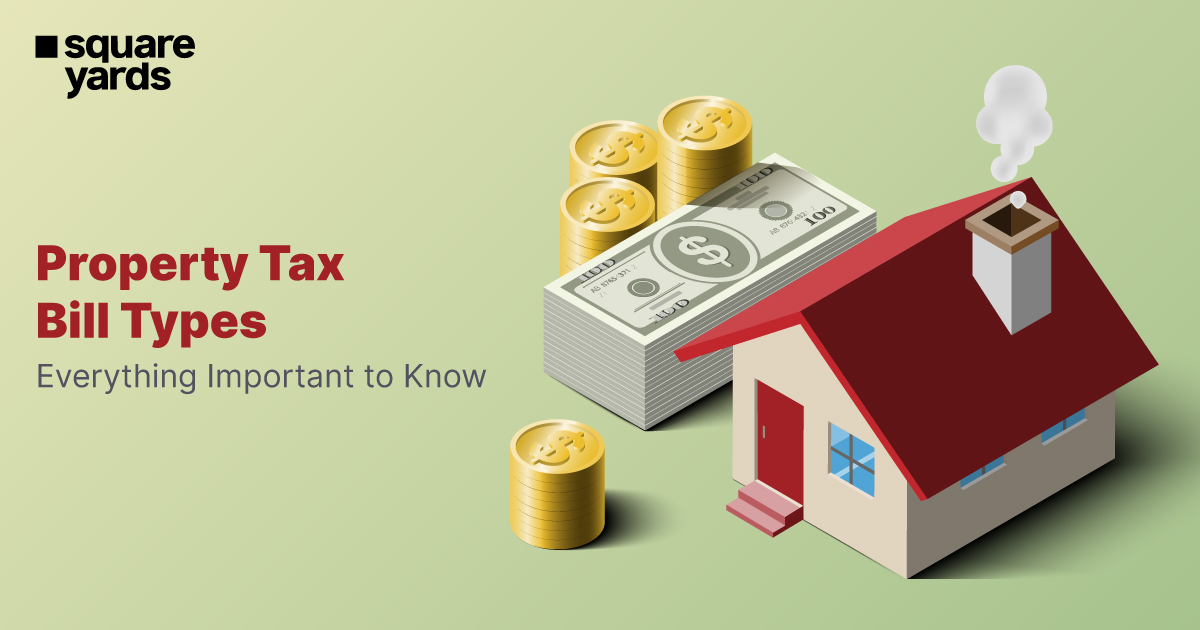The Canadian housing market 2425 offers a variety of attractive locations for real estate investment, each with unique characteristics and growth potential. Here are some of the best places to buy real estate in Canada in 2024:
Toronto, Ontario
Toronto continues to be a prime location for real estate investment. Its strong economy, cultural diversity, and efficient job market attract local and international buyers. Despite high property prices, the demand for housing in Toronto remains strong, driven by its financial and cultural hub status.
Vancouver, British Columbia
Vancouver is known for its stunning natural beauty and high quality of life. The city's real estate market is characterized by high demand and limited supply, making it competitive. Vancouver's appeal to international buyers and strong local economy make it one of the best places to invest in real estate.
Calgary, Alberta
Calgary offers a more affordable alternative to Toronto and Vancouver, with strong economic prospects driven by the energy sector and a growing tech industry. The city's real estate market provides lower prices and higher yields, making it an attractive option for investors seeking value and growth potential.
Ottawa, Ontario
As the capital city of Canada, Ottawa benefits from a stable economy anchored by the federal government and a growing tech sector. Ottawa's real estate market is known for its affordability compared to other major cities, offering a high quality of life and strong investment opportunities.
Halifax, Nova Scotia
Halifax is emerging as a promising real estate market due to its affordability, vibrant culture, and growing economy. The city's strategic location as a major port and its expanding tech and education sectors make it an attractive option for first-time buyers and investors looking for long-term gains.
Montreal, Quebec
Montreal combines rich cultural heritage with economic dynamism, making it a popular choice for real estate investment. The city's diverse economy, affordable housing market, and vibrant lifestyle attract a wide range of buyers. Montreal is expected to see steady growth in property values, driven by ongoing urban development and population growth.
Will the Housing Market Experience a Gradual Return of Buyers?
The Canadian housing market expects buyers to return in 2024. Several factors, including economic conditions, interest rates, and buyer sentiment, influence this trend. Buyer re-entry will not be sudden but gradual.
Economic Recovery
As the global economy recovers from the impacts of the COVID-19 pandemic, Canada is seeing improved economic indicators such as job growth, consumer confidence, and GDP expansion. These positive trends encourage more buyers to enter the real estate market, albeit at different paces, depending on their financial readiness and market conditions.
Interest Rates
Interest rates are crucial in the housing market, affecting affordability and borrowing costs. In 2024, interest rates in Canada are expected to remain relatively low, supporting buyer activity. However, potential future rate hikes could lead to a more cautious approach among buyers, resulting in a staggered return to the market.
Buyer Sentiment
Various factors influence buyer sentiment, including housing affordability, market stability, and economic outlook. In 2024, many buyers will likely re-enter the market cautiously, assessing their financial positions and market conditions before purchasing. This cautious approach contributes to the staggered return of buyers.
Regional Variations
The return of buyers will also vary by region, with some areas experiencing faster recovery than others. Urban centres with strong economic fundamentals, such as Toronto and Vancouver, may see quicker buyer re-engagement compared to regions with slower economic growth. This regional variation underscores the importance of local market dynamics in shaping the housing market recovery.
Could there be a Downturn in the Canadian Real Estate Market in 2024?
Experts and analysts debate whether the Canadian real estate market will crash in 2024. While predicting market crashes is inherently challenging, several key factors suggest that a crash is unlikely in the near term.
Market Fundamentals
Strong fundamentals, including a growing population, a stable economy, and a limited housing supply, underpin the Canadian housing market. These factors contribute to sustained demand for housing, reducing the likelihood of a sudden market crash. Additionally, the stringent lending standards and regulatory oversight in Canada help maintain market stability.
Supply and Demand Dynamics
The supply and demand dynamics in the Canadian real estate market play a crucial role in preventing a crash. The ongoing shortage of housing supply, especially in major cities, continues to drive demand and support property values. Even with potential increases in housing supply, the high demand is expected to absorb new inventory, mitigating the risk of a market crash.
Government Policies
Government policies aimed at supporting the housing market also contribute to its stability. Measures such as first-time homebuyer incentives, affordable housing programs, and mortgage stress tests help maintain a balanced market. These policies provide a safety net against potential downturns, reducing the risk of a significant market crash.
Economic Conditions
The broader economic conditions in Canada, including low unemployment rates, rising wages, and strong consumer confidence, support the housing market. While economic uncertainties and external shocks could impact the market, the overall economic outlook for Canada in 2024 is positive, providing a favourable environment for real estate.
Risk Factors
While a market crash is unlikely, there are risk factors to consider. Potential interest rate hikes, economic slowdowns, and geopolitical tensions could impact buyer confidence and market stability. Additionally, regional disparities and affordability challenges could lead to localised market corrections. However, these risks are not expected to trigger a nationwide crash.
Is Canada Facing a Housing and Rental Crisis in 2024?
Housing and rental affordability remain a significant concern in Canada in 2024. Despite efforts to address these challenges, many Canadians face difficulties securing affordable housing and rental properties.
Housing Affordability
Housing affordability is a pressing issue in major Canadian cities, where property prices have surged over the past decade. High demand, limited supply, and increased construction costs contribute to rising home prices, making homeownership out of reach for many Canadians. Efforts to increase housing supply and implement affordability measures are ongoing, but the impact is gradual.
Rental Market Challenges
The rental market in Canada also faces significant challenges, with high demand and limited rental supply driving up rental costs. Urban centres such as Toronto and Vancouver experience acute rental shortages, leading to increased competition and higher rents. Renters face affordability pressures, and the lack of affordable rental options exacerbates the housing crisis.
Government Initiatives
The Canadian government has implemented various initiatives to address housing and rental affordability. These include affordable housing programs, rent control measures, and incentives for developers to build rental units. While these measures provide some relief, the scale of the problem requires sustained and coordinated efforts across all levels of government and the private sector.
Impact of Immigration
Canada's immigration policies contribute to population growth and housing demand. While immigration is essential for economic growth, it also places additional pressure on the housing market. Balancing immigration with housing supply is crucial to addressing the affordability crisis.
Regional Disparities
The housing and rental crisis varies by region, with some areas experiencing more severe challenges than others. Major cities with high demand and limited supply face the most significant affordability issues, while smaller cities and rural areas may have more balanced markets. Regional disparities highlight the need for tailored solutions to address local market conditions.
Canadian Housing Market Outlook & Projections
The Canadian housing market forecast for 2024 and beyond is shaped by several key factors, including economic conditions, demographic trends, and government policies. While predicting the exact trajectory of the market is challenging, experts offer insights into potential trends and outcomes.
Continued Demand
Demand for housing in Canada is expected to remain strong, driven by population growth, immigration, and urbanisation. Major cities will continue to attract buyers due to job opportunities, lifestyle amenities, and economic prospects. This sustained demand will support property values and market stability.
Supply Constraints
Supply constraints will likely persist, particularly in urban centres with limited land availability and high development costs. Efforts to increase housing supply through new construction and development projects will continue, but the impact on the overall market balance will be gradual. Supply constraints will keep upward pressure on prices.
Interest Rate Environment
The interest rate environment will be crucial in shaping the housing market. Low interest rates have supported buyer activity and affordability in recent years. While potential rate hikes could pose challenges, the overall rate environment is expected to remain favourable for buyers in 2024, supporting market activity.
Government Policies
Government policies to support housing affordability and market stability will continue influencing the Canadian real estate market. Mortgage stress tests, first-time homebuyer incentives, and affordable housing programs will be critical in shaping market dynamics and ensuring a balanced market.
Regional Variations
Regional variations will be a defining feature of the Canadian housing market 2024. Major cities such as Toronto and Vancouver will continue to experience high demand and competitive markets. In contrast, smaller cities and rural areas may offer more affordable options and potential for growth. Understanding local market conditions will be crucial for buyers and investors.
Long-Term Outlook
The long-term outlook for the Canadian housing market remains positive, with steady population growth, economic stability, and ongoing demand for housing. While short-term fluctuations and challenges are inevitable, the overall trajectory indicates sustained growth and market resilience. Investors and buyers should adopt a long-term perspective, focusing on quality locations and properties with strong growth potential.
Technological Innovations
Technological innovations in real estate are expected to play an increasingly important role in the market. From virtual property tours to blockchain-based transactions, technology will enhance transparency, efficiency, and accessibility in the housing market. Embracing these innovations will be crucial for staying competitive and meeting evolving buyer expectations.








































